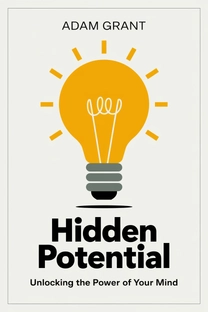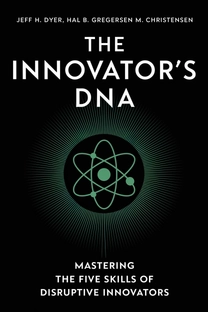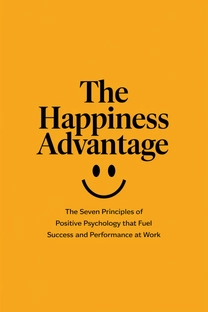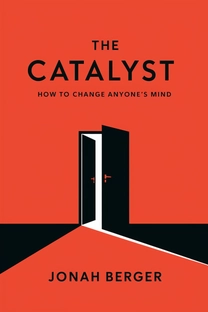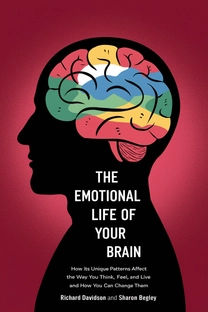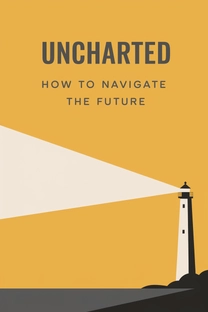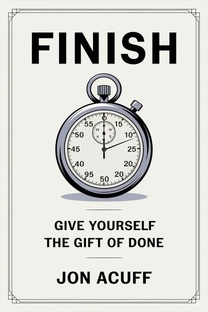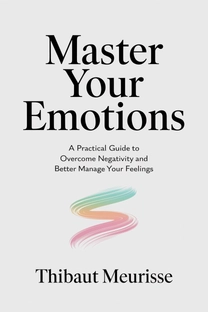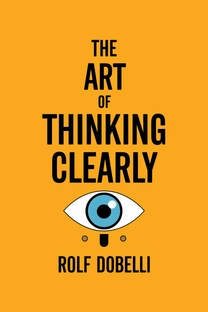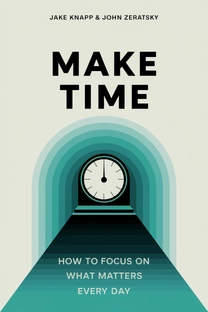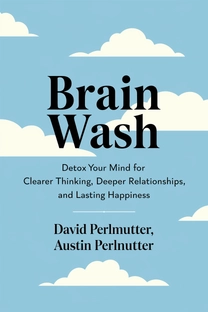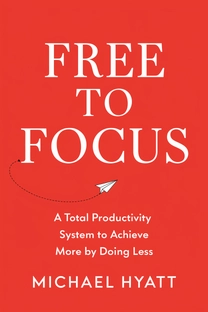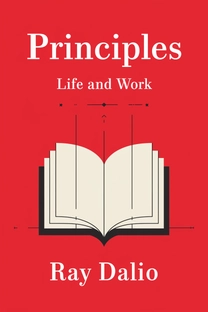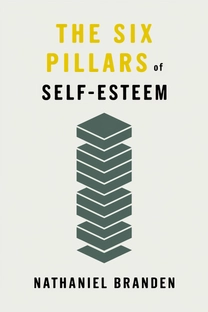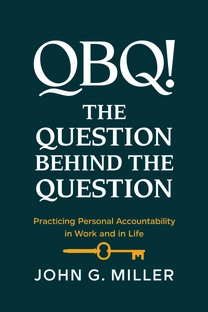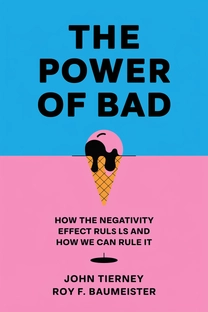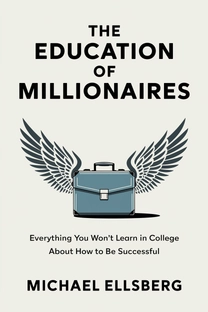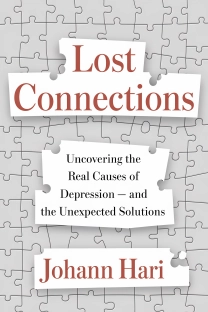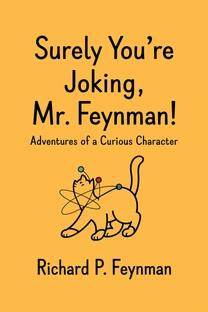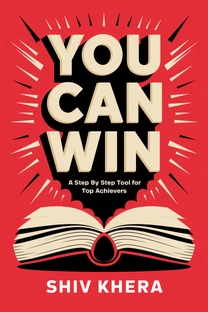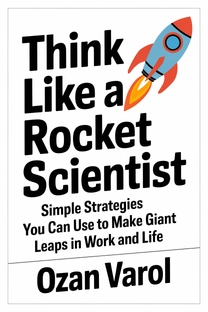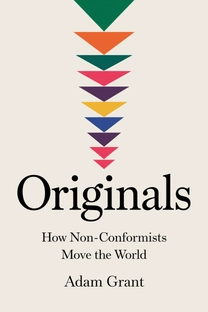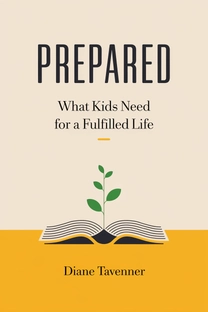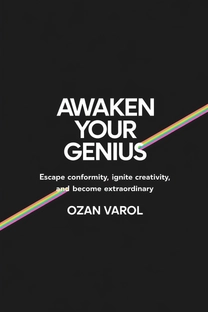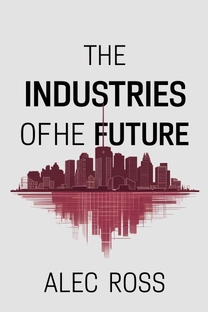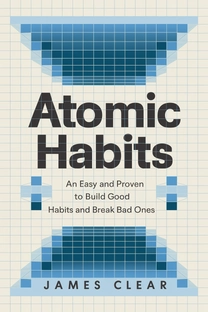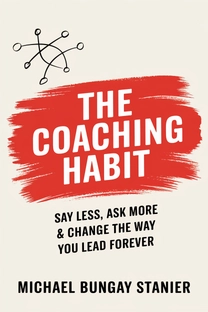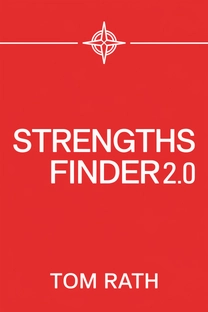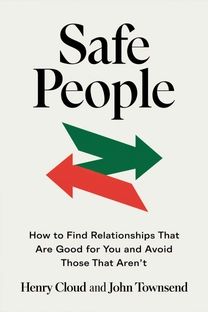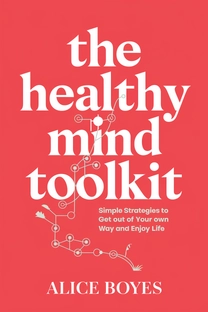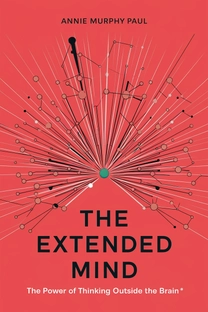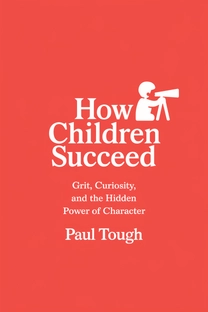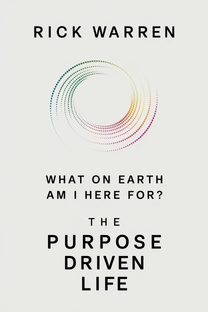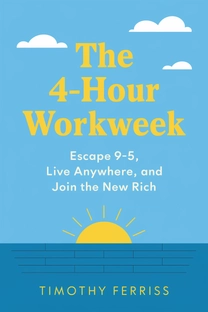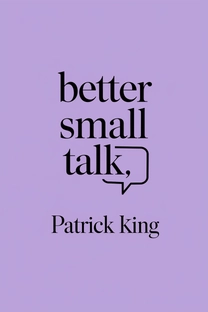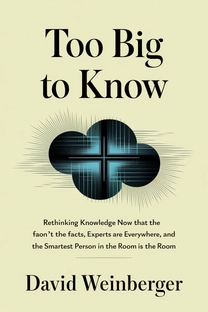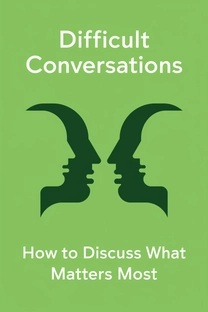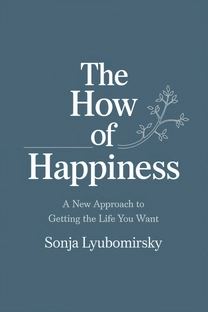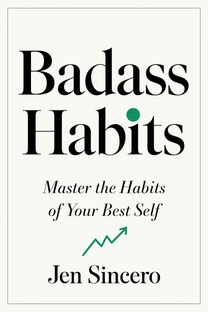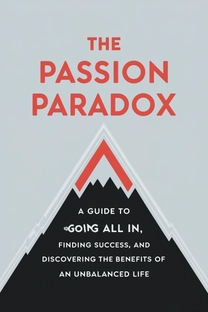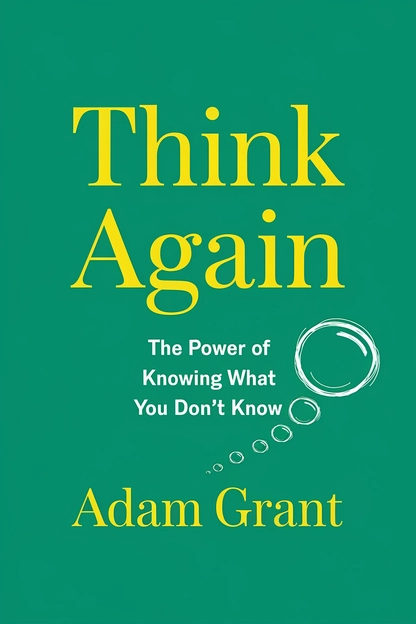
Think Again
The Power of Knowing What You Don’t Know
by Adam Grant
Brief overview
This book explains why questioning our long-held assumptions can lead to more learning, better decision-making, and greater collaboration. It explores how to recognize when it is time to rethink our approaches and how to let go of ideas that no longer match reality. Readers will discover practical strategies to stay open-minded, welcome constructive disagreements, and embrace healthy doubt as a driver of ongoing growth.
Introduction
We often assume that once we form a belief, we should cling to it wholeheartedly. Yet in a world of rapid change, stubborn convictions can swiftly become outdated. When new insights emerge, doubling down on our previous certainty can drag us into irrelevance. <br><br>Many breakthroughs arise when we dare to question old assumptions. This introduction sets the stage for a deeper look at why rethinking is so crucial—and how we can learn to do it more often.
Take the story of a once-dominant smartphone empire that fell behind as competitors embraced touchscreens. Its leadership clung to the comfort of established features instead of reconsidering market trends. A brilliant start sputtered, showing how pride in a single success can blind us to the need for continual evolution. <br><br>To remain adaptable, we need a mindset that welcomes second thoughts. Pioneers in science, entrepreneurship, and social change all attest that periodic doubt invigorates creativity.
Across these pages, you’ll see how rigid thinking stifles progress—and how flexible thinking can revive it. We’ll journey through stories of innovators, physicians, teachers, and everyday people who found fresh perspectives by daring to challenge their own viewpoints. By the end, you’ll appreciate that rethinking is more than a skill. It’s a way to stay humble, keep learning, and find renewed meaning in what we do.
Why We Cling to Familiar Views
Beliefs can become tied up with our identity, making us treat them as sacred. We often slip into three mindsets: the preacher, the prosecutor, and the politician. In preacher mode, we deliver sermons defending our dogmas; in prosecutor mode, we look for evidence to win arguments; in politician mode, we seek approval or votes. None of these approaches naturally invites us to question ourselves. <br><br>As a result, counterarguments can make incorrect beliefs feel stronger. When someone attacks our stance, we tend to entrench ourselves even more, as if defending a fragile piece of who we are.
In many cases, an assault on our opinions triggers fight-or-flight reactions. We interpret challenges to our ideas as attacks on our worth. The key to unlocking mental flexibility is recognizing that changing our minds does not have to mean losing ourselves. Holding an opinion lightly allows room for growth. Instead of letting personal bias or status drive us, we can step back and ask: “If I viewed this purely as a puzzle to solve, what would I consider next?”
Ironically, knowledge can make us more stubborn. The more we learn, the more confident we become—sometimes to the point of overestimating our expertise. Our brains look for evidence that supports our prior assumptions and ignores contradictory signals. Identifying our overconfidence and recognizing we might be wrong are essential steps toward intellectual humility—an attitude that enables genuine progress.
What is Think Again about?
“Think Again” by Adam Grant challenges the notion that we should cling to our beliefs once they form. Through compelling research and memorable anecdotes, Grant explores how rethinking our habits, assumptions, and even our identities can spark new insights and foster stronger relationships. Readers will learn why letting go of outdated ideas often opens doors to creativity and progress.
Central to the book is the belief that curiosity and humility are key drivers of growth. By examining how open-minded leaders, entrepreneurs, and everyday people thrive on intellectual flexibility, “Think Again” shows that being willing to revise one’s approach can sharpen judgment and fortify resilience. Ultimately, the book makes a case for a new kind of wisdom—one that grows through continuous questioning and adaptation.
Review of Think Again
Adam Grant’s “Think Again” stands out for its fresh take on how people can reshape their thought processes. One of its major strengths is the emphasis on the scientist mindset, inviting us to treat ideas as testable hypotheses rather than fixed truths. The book also highlights practical applications: Grant provides real-world tips on how to engage in more productive disagreements, coach colleagues toward open-mindedness, and develop a culture of constructive feedback.
The writing style is both sharp and easy to follow, blending academic insights with stories anyone can relate to. Whether he’s showing a former sports mogul questioning a losing strategy or a doctor persuading skeptical patients, Grant keeps the tone accessible. That makes the book relevant for readers wishing to make better decisions and for leaders building more adaptive teams.
In short, “Think Again” offers a road map for continuous learning. It proves that questioning your assumptions is not a sign of frailty but an opportunity to refine your goals and better connect with others. If you’re seeking a guide to mental flexibility and personal evolution, this book comes highly recommended.
Who should read Think Again?
- Corporate managers who oversee teams in dynamic, fast-changing environments
- Educators who want to foster critical thinking and open dialogue in schools or universities
- Startup founders seeking to experiment, pivot quickly, and encourage fresh perspectives
- Professionals interested in self-awareness and more effective decision-making
About the author
Book summaries like Think Again
Why readers love Mindleap
10-Minute Book Insights
Get the core ideas from the world's best books in just 10 minutes of reading or listening.
Curated For You
Discover your next favorite book with personalized recommendations based on your interests.
AI Book ExpertNew
Chat with our AI to help find the best book for you and your goals.
Reviews of MindLeap
Love how I can get the key ideas from books in just 15 minutes! Perfect for my busy schedule and helps me decide which books to read in full.
Alex R.
The summaries are incredibly well-written and the audio feature is perfect for my commute. Such a time-saver!
Jessica M.
Great app for personal growth. The insights are clear and actionable, and I love how they capture the essence of each book.
Chris P.
The app is beautifully designed and the summaries are top-notch. Definitely worth every penny!
Sarah K.


